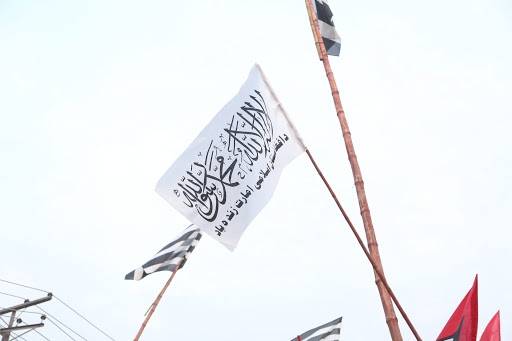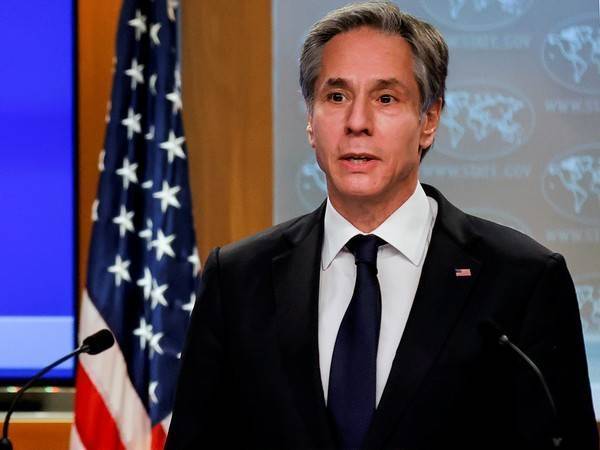For almost a decade Khadim’s studio was a platform for the exchange of ideas and thoughts, as well as producing art…reports Asian Lite News
To preserve the art and culture of Afghanistan, three tapestries made by Hazara artist Khadim Ali were smuggled under the nose of the Taliban are now being displayed in a New Plymouth art gallery in New Zealand.
The tapestries are not small pieces of art. The largest of the three measures over nine metres by four metres, covered an incredible journey, spanning nearly 14,000 kilometres and involving an extremely fraught border crossing, reported NZ Herald.
All three tapestries made their way to Quetta before they went on to Australia before the final step of their journey to New Zealand for the Govett-Brewster Art Gallery exhibition of Khadim’s work, “There Is No Other Home But This.”
Their journey is incredible, and so too is the artistic journey of their creator, Khadim Ali.
He had set up a studio in Dasht-e-Barchi in western Kabul, visiting it often from his home in Australia. He employed some local artisans as his assistants who worked from the studio along with some local women who would work from home on looms.
For almost a decade Khadim’s studio was a platform for the exchange of ideas and thoughts, as well as producing art.
Then the Taliban came back. Under Taliban law, art is forbidden, says Khadim, reported NZ Herald.
“A lot of art was discarded, as we know the Taliban hate all art, they oppose all picture making, anything like that, so much was discarded or destroyed. It had to be, it was a matter of life or death for the artists. I didn’t want any of them to get killed because of what they did,” said Khadim.
Considering the dangers his artworks will face under the Taliban, his team organized some of the tapestries out of Afghanistan, reported NZ Herald.
His team were in the process of organising some of the tapestries to be sent to Australia but before that happened, the Taliban entered Kabul, reported NZ Herald.
“The chaos started. People were running for their lives, trying to get out. My assistants were going to try to get over the border to Pakistan and they had the idea to take the tapestries with them disguised as cushions,” said Khadim.
While now Hazari make up under 20 per cent of the population of Afghanistan, they were once the largest Afghan ethnic group, constituting nearly two-thirds of the total population of the country before the 19th century.
It is estimated more than half of the Hazari population were massacred, forced to flee or taken into slavery during the 1891-93 Hazara War. (ANI)














